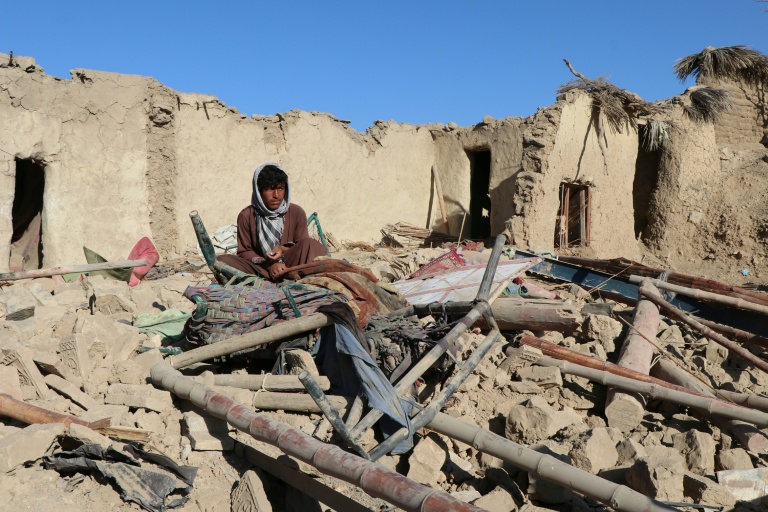KABUL – Afghanistan’s Taliban-led government has vowed to deliver an “appropriate” response to neighboring Pakistan after a series of airstrikes inside Afghan territory killed at least 10 people, predominantly women and children. The incident has sent diplomatic relations between the two historically fraught nations into a tailspin, raising fears of a broader regional conflict.
The strikes, which Pakistani authorities have not officially acknowledged but are widely reported to have conducted, targeted villages in the eastern provinces of Khost and Paktika in the early hours of Monday. These areas border Pakistan’s restive Balochistan province, a region where Islamabad has long claimed militant groups operate with impunity from Afghan soil.
Condemnation from Kabul
The Afghan Ministry of Defense issued a strongly worded statement, condemning the attacks as a “brutal and aggression” and a violation of Afghanistan’s sovereignty.
“The Islamic Emirate of Afghanistan reserves the right to take appropriate measures in response to this aggression and will defend its territorial integrity under all circumstances,” the statement read, using the Taliban’s official name for the country.
First Vice President Mohammad Yaqoob Mujahid echoed the sentiment, warning that such actions could have “dire consequences” that Pakistan “will itself be responsible for.”
Local officials in Khost and Paktika reported that the strikes destroyed several homes. The majority of the casualties were women and children, a detail that has fueled public outrage in Afghanistan. Graphic images and videos circulating on social media, though unverified, purport to show the aftermath of the bombings.
The Root of the Conflict: TTP and Cross-Border Militancy
The immediate trigger for the airstrikes appears to be a recent surge in attacks within Pakistan, which Islamabad blames on the Tehrik-e-Taliban Pakistan (TTP), a designated terrorist group and separate entity from the Afghan Taliban.
Just last week, a suicide bombing in North Waziristan, Pakistan, killed seven soldiers. Pakistani security officials immediately pointed the finger at the TTP, which they claim has found safe havens in Afghanistan. The Afghan Taliban, however, vehemently denies providing sanctuary to the TTP and insists it adheres to a policy of not allowing its soil to be used against any other country.
Despite these assurances, the relationship has grown increasingly strained. Pakistan, which had historically supported the Taliban, has been vocal in its demands for the group to rein in the TTP and dismantle its networks. The Taliban’s refusal, or perceived inability, to control the TTP has led to a dramatic deterioration in ties, with Pakistan expelling hundreds of thousands of undocumented Afghans in recent months.
A Dangerous Escalation
While cross-border skirmishes and artillery fire have been relatively common, airstrikes deep inside Afghan territory represent a significant and dangerous escalation. This marks one of the most serious military confrontations between the two countries in decades.
Analysts warn that the situation is perilously volatile.
“Pakistan is sending a clear message of its frustration with the Taliban’s inaction on the TTP,” said Kamran Bokhari, a senior analyst with the New Lines Institute for Strategy and Policy. “But by striking inside Afghanistan, they are playing with fire. The Taliban are not known to back down from a fight, and this could easily spiral into a wider conflict that neither side can afford.”
The international community has largely remained silent on the specific incident, but there are growing concerns about regional stability. The United Nations Assistance Mission in Afghanistan (UNAMA) has called for “full respect for the sovereignty and territorial integrity of Afghanistan” and urged both sides to exercise restraint.
As of now, the Afghan Taliban’s vow of an “appropriate response” hangs over the region like a dark cloud. Whether that response will be diplomatic, military, or involve increased support for anti-Pakistan elements remains to be seen. What is clear, however, is that the fragile relationship between Kabul and Islamabad has been shattered, pushing a volatile region closer to the brink of open conflict.

